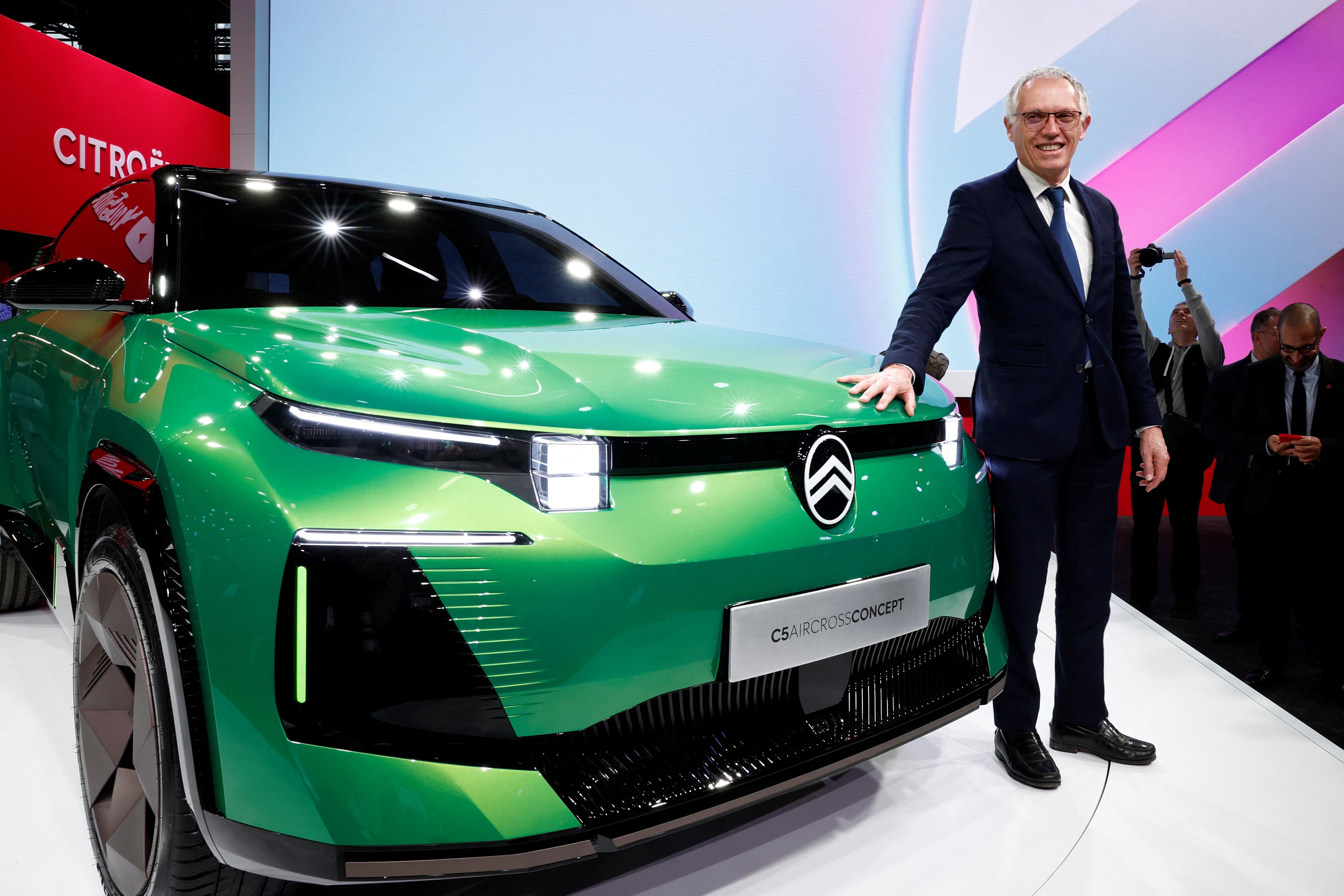

On October 14, 2024, Stellantis CEO Tavares stated that the European Union's decision to impose tariffs on Chinese-made electric vehicles (EVs) is expected to accelerate plant closures across Europe. He warned that these duties would likely drive Chinese automakers to establish manufacturing facilities within Europe, compounding the overcapacity issue for local carmakers.

As tariffs take effect, European governments—including Italy—are actively seeking to attract Asian automakers, a move that could potentially strengthen their foothold in the region and foster growth in the European automotive sector. Establishing production plants in Europe would enable these companies to bypass the EU's tariffs on imported EVs, provided certain conditions are met.
This shift, however, poses a new challenge for European manufacturers already grappling with excess production capacity. The influx of new facilities from Chinese automakers could intensify competition, further straining local industries.
At the Paris Car Show, Stellantis CEO Carlos Tavares described tariffs as an effective communication tool, though he acknowledged they come with unintended consequences.
Tavares added, "It increases the overcapacity of the manufacturing system of Europe. The way to avoid custom duties is to build in Europe. You are accelerating the need to shut down plants".
While interacting with Italian media, Tavares highlighted the example of Chinese electric vehicle giant BYD, establishing its first European assembly plant in Hungary.
"Chinese carmakers will not go to Germany or France or Italy to build their cars because they would have cost disadvantages there, starting from energy costs," he said.
In the midst of a dispute with Stellantis over its decreasing production levels in Italy, Rome has announced that it is in discussions with Asian automakers about potential investments. Among the companies involved in these talks are China's Dongfeng and Chery Auto.
China's electric vehicle (EV) production surged to 1.31 million units in September, marking a 19.7 per cent increase from the previous month and a substantial 48.8 per cent rise compared to the same period last year. EV exports also performed well, with 111,000 units shipped in September—up 0.9 per cent m-o-m and 15.6 per cent y-o-y.
According to the China Passenger Car Association, China's EV exports are expected to remain robust despite some countries introducing higher taxes.
At the beginning of the year, AL Circle's industry-focused report, "Global Aluminium Industry Outlook 2024", revealed that Aluminium demand will be driven largely by the transportation sector, with EVs playing a major role.
The European Commission is poised to impose countervailing duties (CVDs) of up to 35.3 per cent on electric vehicles (EVs) imported from China, in addition to the European Union's existing 10 per cent tariff on foreign cars. Despite opposition from Germany and four other member states and the abstention of twelve others, the Commission gained the necessary backing in a qualified majority vote on 4 October. This decision allows the Commission to move forward with the CVDs ahead of the October 30, deadline.



Responses






